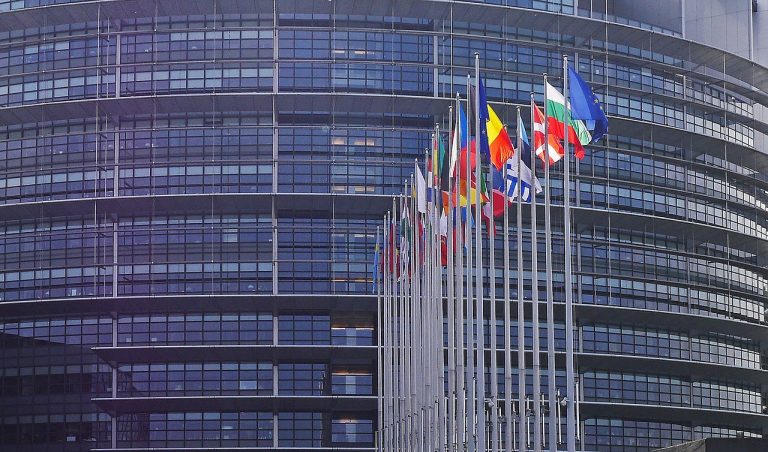 POLICY
POLICY
 POLICY
POLICY
 POLICY
POLICY
The European Parliament today passed a controversial overhaul of its online copyright laws that supporters say will give content creators more protections, but critics slam it as a threat to internet freedoms.
The Copyright Directive was accepted with 348 lawmakers in favor and 274 opposed. The approval follows a preliminary vote in September that saw the parliament adopt several revisions to soften the legislation. However, critics such as Wikipedia founder Jimmy Wales have warned that the directive is still too sweeping and imposes undue restrictions on online content.
Two sections in particular have drawn scrutiny. The first and most contested of the two, Article 13, makes it the responsibility of online platform operators such as Facebook Inc. to remove copyright-infringing materials from their services. Detractors have argued that the only way for tech companies to comply with this requirement is by creating powerful filters to block infringing content before it’s even uploaded, a mechanism that could potentially be abused for censorship.
Opposing lawmakers in the European Parliament mounted a last-minute effort to squash Article 13, now renamed Article 17, before the vote. They submitted a motion that would have made it possible to make amendments to the Copyright Directive, thus potentially paving the way for the section’s removal, but that proposal was narrowly rejected.
The other contested section in the legislation is Article 11. It will require tech companies to pay royalties for posting links to publishers’ news articles and reproducing excerpts on their services.
The main criticism against Article 11 is that previous attempts to impose such licensing requirements failed to achieve their objectives. In Spain, Google shut down Google News after the implementation of a law requiring that it compensate publishers for sharing articles on the service. And in Germany, where a similar measure was passed, major publishers eventually allowed the search giant to share their content for free to avoid losing out on Google News traffic.
Wikipedia Jimmy Wales sharply criticized the passing of the Copyright Directive, tweeting that “the free and open internet is being quickly handed over to corporate giants at the expense of ordinary people.” He went on to write that the legislation “is not about helping artists, it is about empowering monopolistic practices.”
On the other side of the argument, the American Society of Composers, Authors and Publishers expressed support for the move: “Through this historic vote, a message was sent by Europe to the world, in favour of culture, creation, authors, artists and journalists, and their right to fair remuneration in the digital world.”
Before it’s formally enacted into law, the Copyright Directive will have to be approved by the Council of the European Union representing individual member states. The vote is set to take place in the coming weeks. If the legislation gets the green light, EU countries will have 24 months to put the new copyright rules into their legal systems.
Support our mission to keep content open and free by engaging with theCUBE community. Join theCUBE’s Alumni Trust Network, where technology leaders connect, share intelligence and create opportunities.
Founded by tech visionaries John Furrier and Dave Vellante, SiliconANGLE Media has built a dynamic ecosystem of industry-leading digital media brands that reach 15+ million elite tech professionals. Our new proprietary theCUBE AI Video Cloud is breaking ground in audience interaction, leveraging theCUBEai.com neural network to help technology companies make data-driven decisions and stay at the forefront of industry conversations.